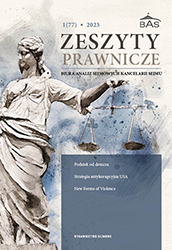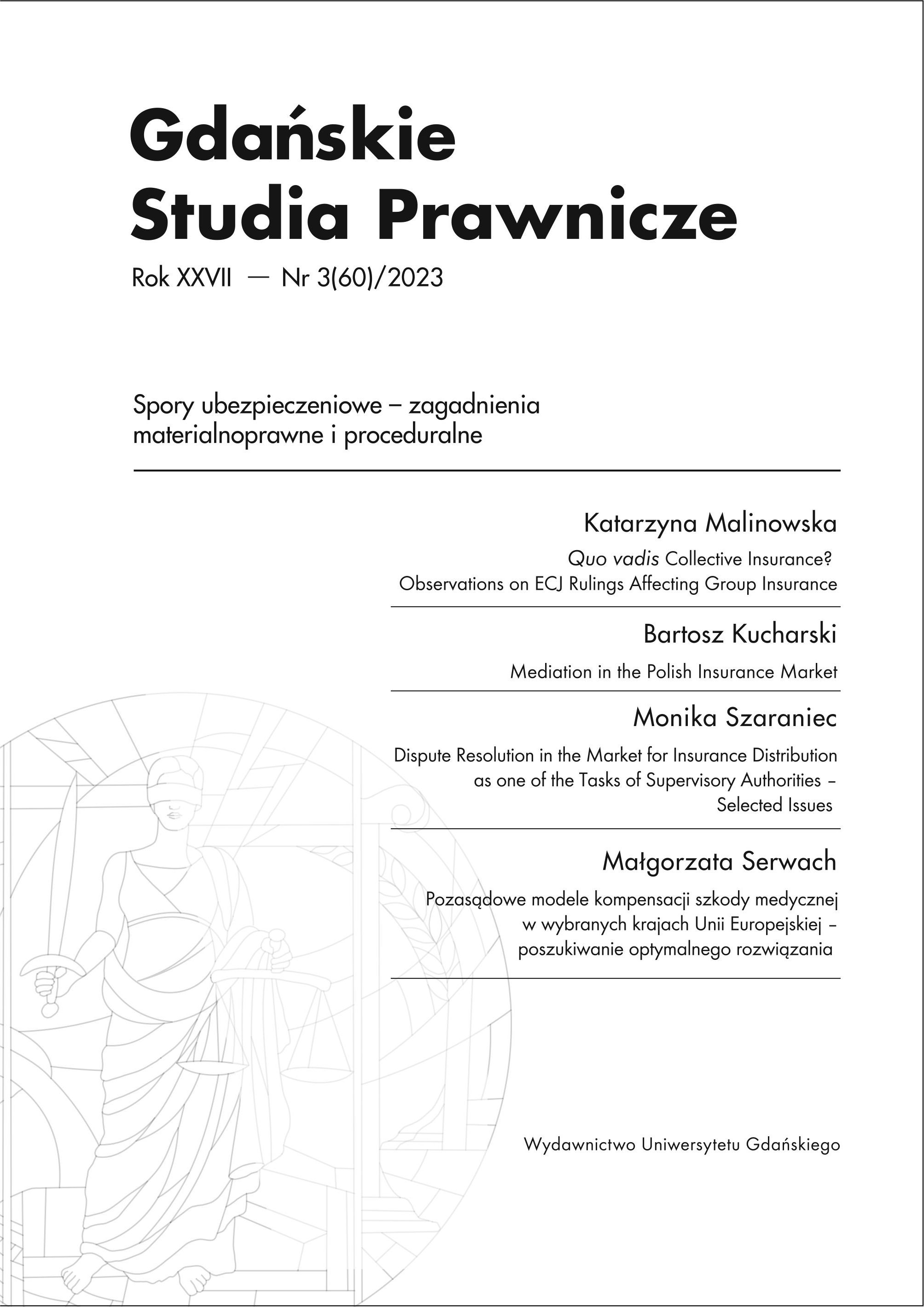МАРКЕТИНГ НА ФИРМИ ОТ ВИНАРСКИЯ СЕКТОР
Author(s): Zlatko IVANOVSKI / Language(s): English
/ Issue: 8/2023
Keywords: Information; business; market; organizations; strategy; consumers
Marketing is important in every industry. It is the science that combines exploration, creation, communication, and delivery of value, so as to satisfy the needs of a particular target audience. It is the duty of marketing to define, measure and quantify the size of the identified market, and tap into its potential. Without a marketing strategy, it is difficult for businesses to succeed. In organizations that recognize of the importance of marketing, a product or service is never launched without a prior marketing plan based on concrete data. Main aim of a marketing strategy is to win clients’ loyalty. Wine connoisseurs are “anti-loyal”. They always look for new countries, terrariums, varieties, blends and wineries. Understandable, wine is a boundless ocean of aromas and flavours, it’s hard to stop “the journey” :) In wine business you have to always jump over your head in your marketing activities. Here are a few known marketing tactics working great in wine industry For wine experts, knowing which grape variety comprises the drink, their age, and reserve is enough information to make a confident decision. For others, the sheer number of options makes it difficult to choose. Which wine will go best with a particular dish? Which has a stronger flavor? Which has a softer texture? This lack of knowledge eventually leads consumers to choose a wine based on its aesthetic.
More...




